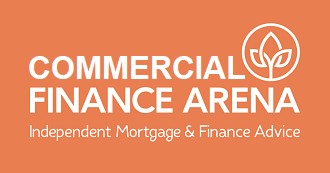
To raise enough capital to purchase a property to let out, in most cases, you will require a buy to let mortgage. As a secured finance solution buy to let mortgages are widely used by commercial landlords and property investors, allowing them to raise a large sum of money whilst renting the property concerned - a sound business investment.
But an area that often causes confusion is the matter of deposits.
Why do you have to pay a mortgage deposit?
Paying a deposit, alongside the collateral in the form of the property, provides the mortgage lender with more certainty that you are committed to the transaction and intend to honour it. If you default on mortgage payments not only will you lose the property but also your deposit and anything you have paid into the mortgage to date. This acts as an incentive to keep on top of payments.
On the plus side, buy to let mortgages make property purchase accessible for people with differing financial circumstances.
What is the minimum buy to let mortgage deposit?
The minimum deposit on a buy to let mortgage is usually 25% of the asking price for the property. The higher rate of deposit the more favourable your mortgage deal can be in terms of interest rates and monthly repayment size.
What is considered when negotiating a buy to let mortgage deposit?
There are a lot of factors that will be considered when a mortgage lender is considering the rate of deposit. It can vary from lender to lender but they are likely to consider the following:
- Expected rental income – how much you are likely to raise in rental capital each month will be factored in the considerations of rental deposit amounts. If you can charge a healthy amount in rent then it could drive down the cost of the deposit.
- The value of the mortgage – Lenders want to earn a return on their investment in your property! This fact could be used to negotiate a better rate of deposit because in the long run you will be borrowing more for them and be paying more in interest. This all increases how much they can earn.
- Your credit score – This will decide what interest rate you are offered and can also affect the size of the deposit, all based on the level of risk to the lender. If you have a bad credit score, you should expect your minimum deposit to increase accordingly.
- Location – It might not seem obvious but lenders will also take into account the location of a property, as this will directly affect the ability to rent it out. As an example, if the property is in an area that is likely to flood or has a high crime rate, they may ask for a larger deposit to mitigate that.
Consider all of this when you are looking to purchase a new property and factor in the cost of the deposit into your financial planning.
To get the best deal on a buy to let mortgage speak to expert advisers who understand the market and your needs.

Leave a comment